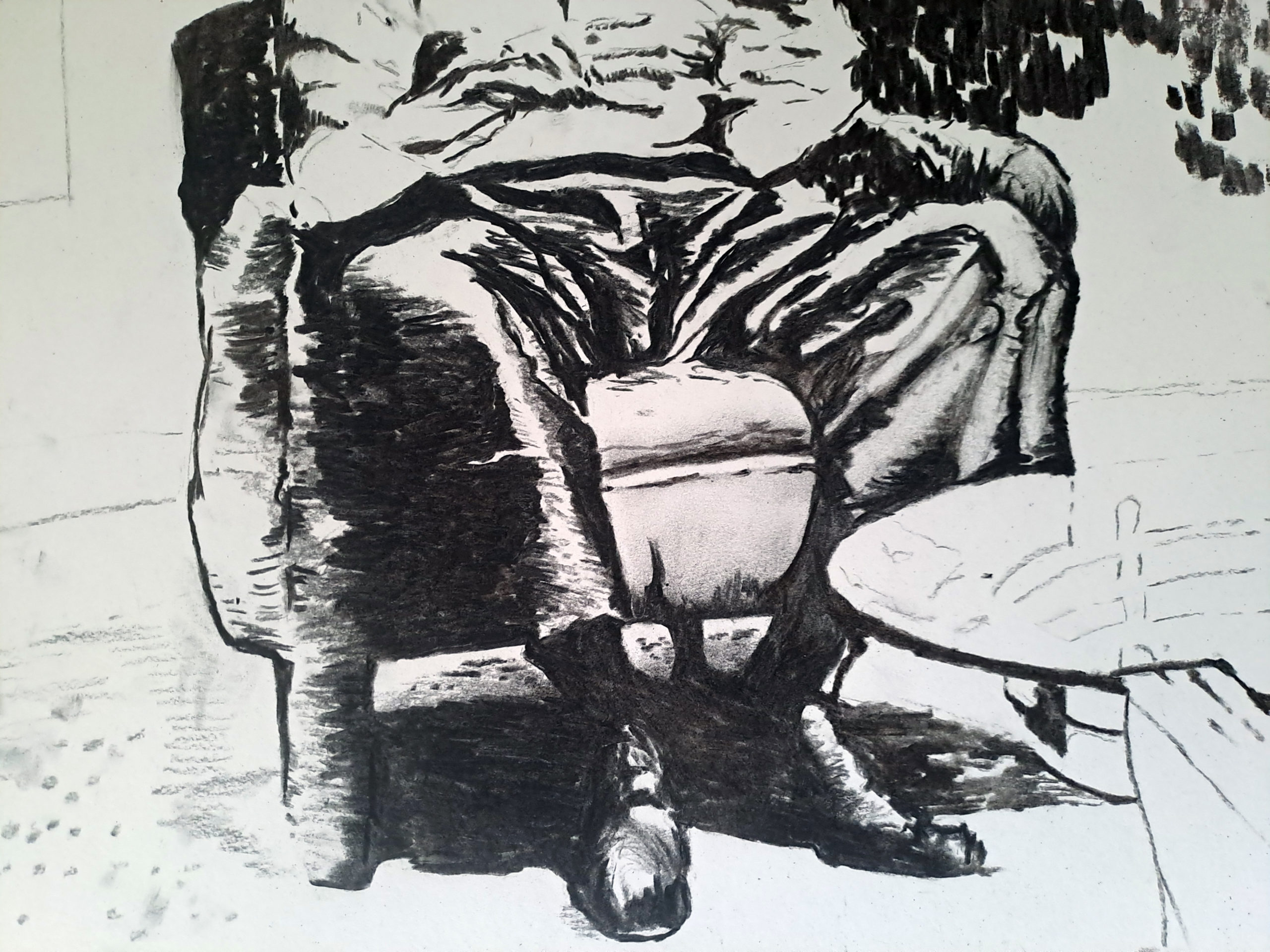Spatial Therapy
Although architecture is seen as the ‘creation of the built environment’, all too often, even when it is executed with the best of intentions, spatial concepts and interventions can have a destructive effect on space and its inhabitants. The responsibility of the spatial practitioner is therefore immense.
The past year, we at 431 have been receiving many requests from spatial practitioners (architects, artists, social workers etc.) for a reflective conversation about their practice. Generally, they come to us with a concrete question linked to a particular project. However, it soon becomes apparent that these questions are just the tip of the iceberg. They are actually struggling with a lot of questions, frequently meta-questions about their personal and professional relationships with spatial practice (and the conflicts these produce).
Based on the increasing number of such conversations, we realised there is a great need for a kind of therapy specifically aimed at an inquiry on the relation between the spatial practitioner and spatial practice. This is why we decided to establish Spatial Therapy, a special therapeutic context in which such conversations can occur in an appropriate way.
Spatial Therapy offers therapy sessions tailored to individuals or institutions (architects, architecture firms, artists, curators and programmers, social workers, politicians, administrations, architecture and art institutions, educational programs etc) in which we guide the person or organisation into a self-reflective process. The therapy is not tied to one specific approach. Instead, we blend elements from different therapeutic approaches and tailor the sessions according to each person’s needs. During these sessions questions such as ‘how come I relate to spatial practice in this specific way?’, ‘what is my motive?’, ‘how does my personal environment relates to the specific spatial context I’m dealing with?’, and ‘does the professional structure in which I operate influence my decision making process?’ are addressed. In addition, we analyse individual or institutional relationships in the spatial force field, and the underlying, often not obvious, power relations with other actors.
For more information regarding practical questions, reservations etc please contact us via deraeve.w(at)gmail(dot)com
